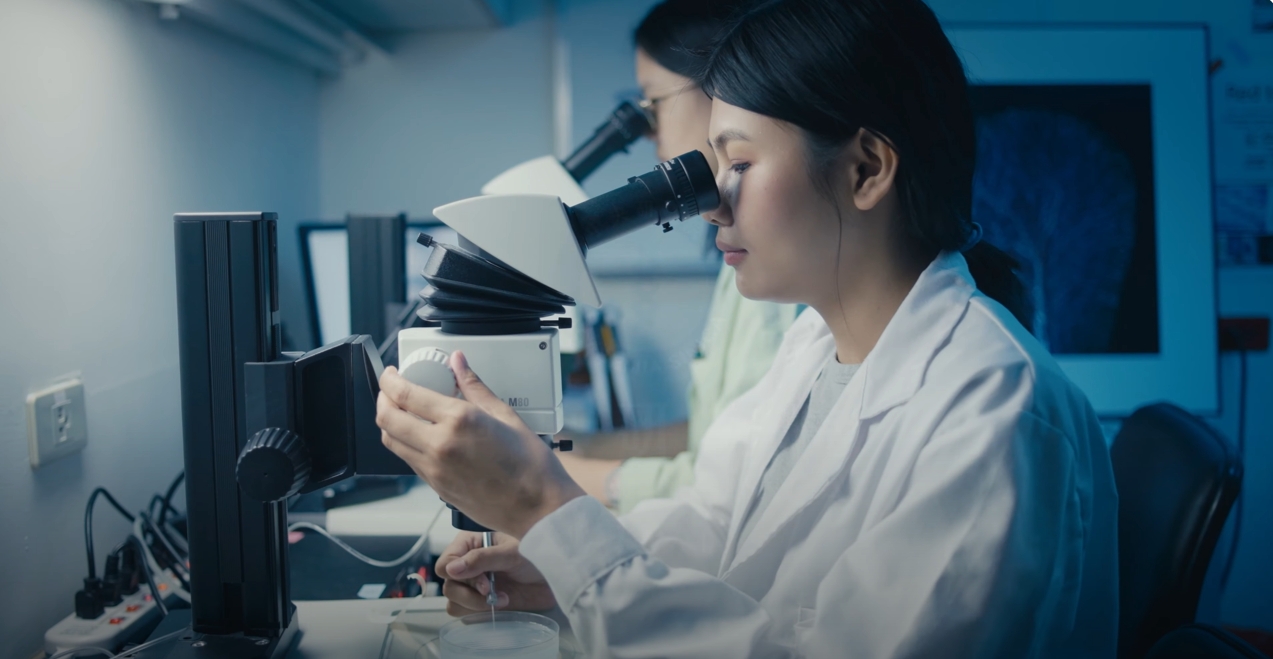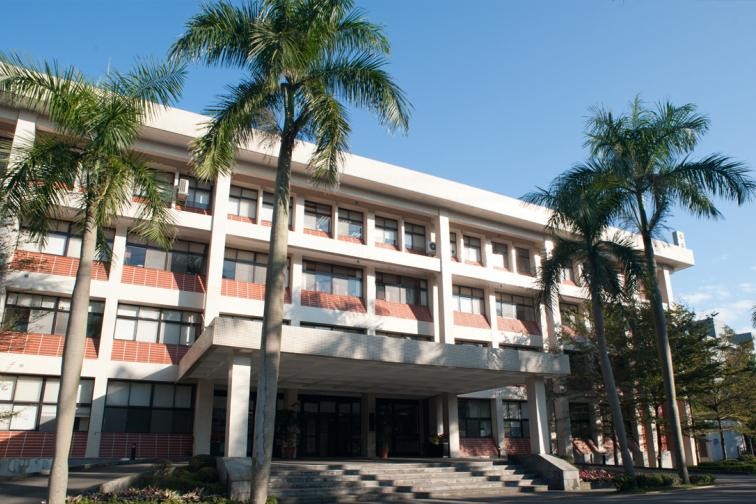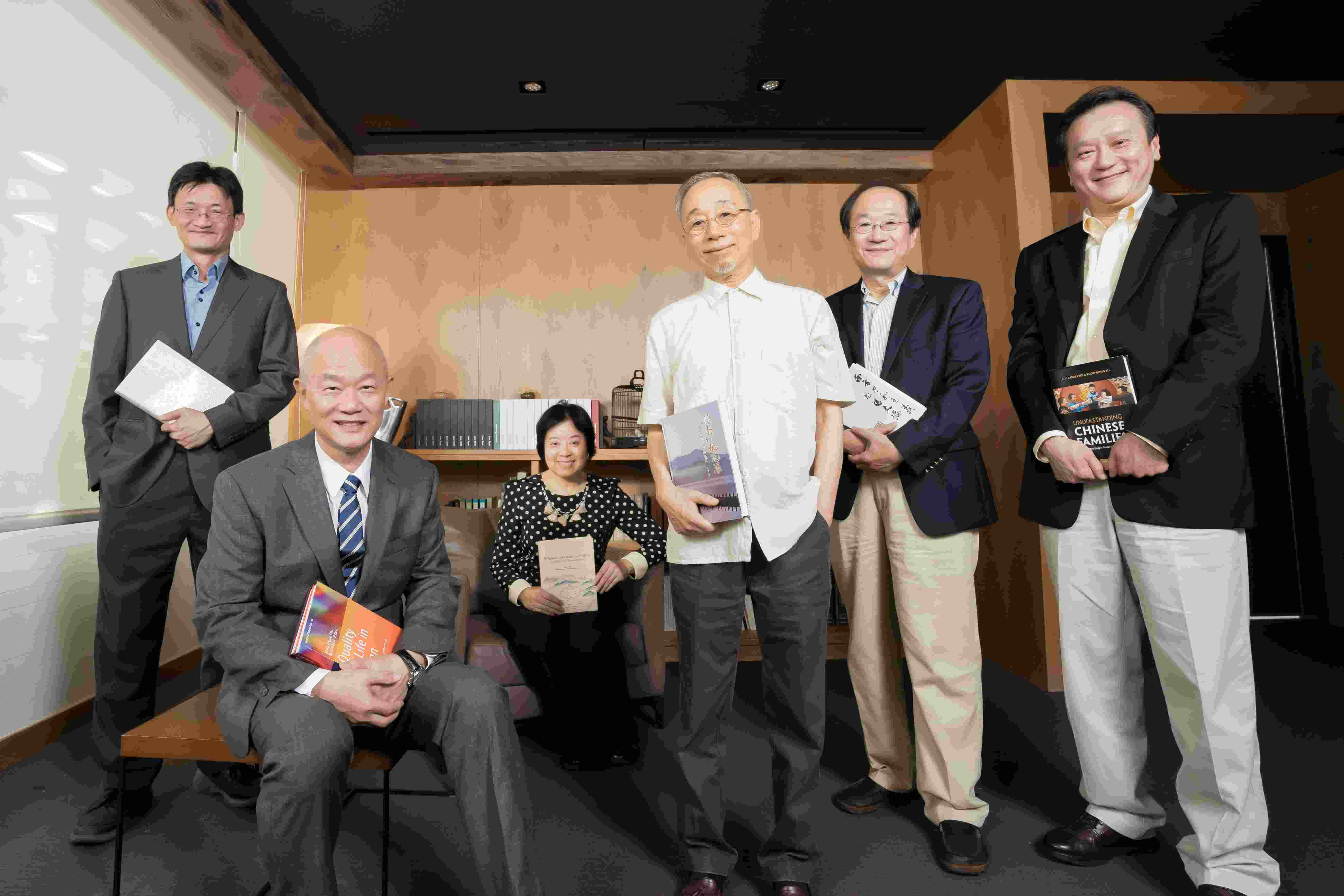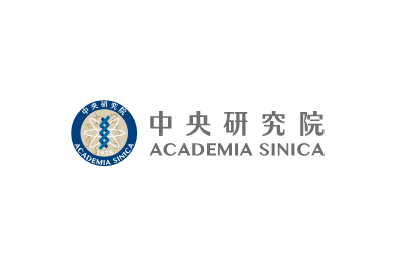- 演講或講座
- 原子與分子科學研究所
- 地點
原分所浦大邦講堂 (臺大校園內)
- 演講人姓名
戴聿昌院士 (Division of Engineering and Applied Science, California Institute of Technology, USA)
- 活動狀態
確定
- 活動網址
Abstract
This talk will focus on new MEMS implants to treat the four major blindness-causing eye diseases including cataract, glaucoma, age-related macular disease (AMD) and diabetic retinopathy, which together are responsible for 80% of world blindness of about 50 million people.
History shows that implantable devices, such as pacemakers and cochlear implants, that re-interface with body tissues and/or to replace defective functions have continued to be the main solutions for many diseases. Unfortunately, most of these implant devices are bulky and power hungry so they are difficult to be used for smaller organs. This is especially true for small but delicate eyes. It is known that damaged eye tissues, especially retina, do not repair or regenerate and often leave behind permanent debilitating deficits leading to blindness. The research field of Micro-Electro-Mechanical Systems (MEMS) has advanced tremendously for the last 30 years. Most noticeably, MEMS has advanced in miniature or chip-sized microsensors such as pressure sensors, accelerometers, gyros, microphones for cell phones and smart instrumentation. Therefore, a promising research direction emerges for MEMS devices for eye diseases because MEMS can provide miniaturization to fulfill the demanding needs of small sizes. However, there are many other challenging issues such as long-term reliability, mechanical flexibility, low power consumption, placement versatility, etc. This talk will cover these issues and, in addition, materials, device design, and technologies. Examples of recent human trials will also be presented. It is hoped that these eye devices will lead to devices for other organs in the future.









 首頁
首頁

